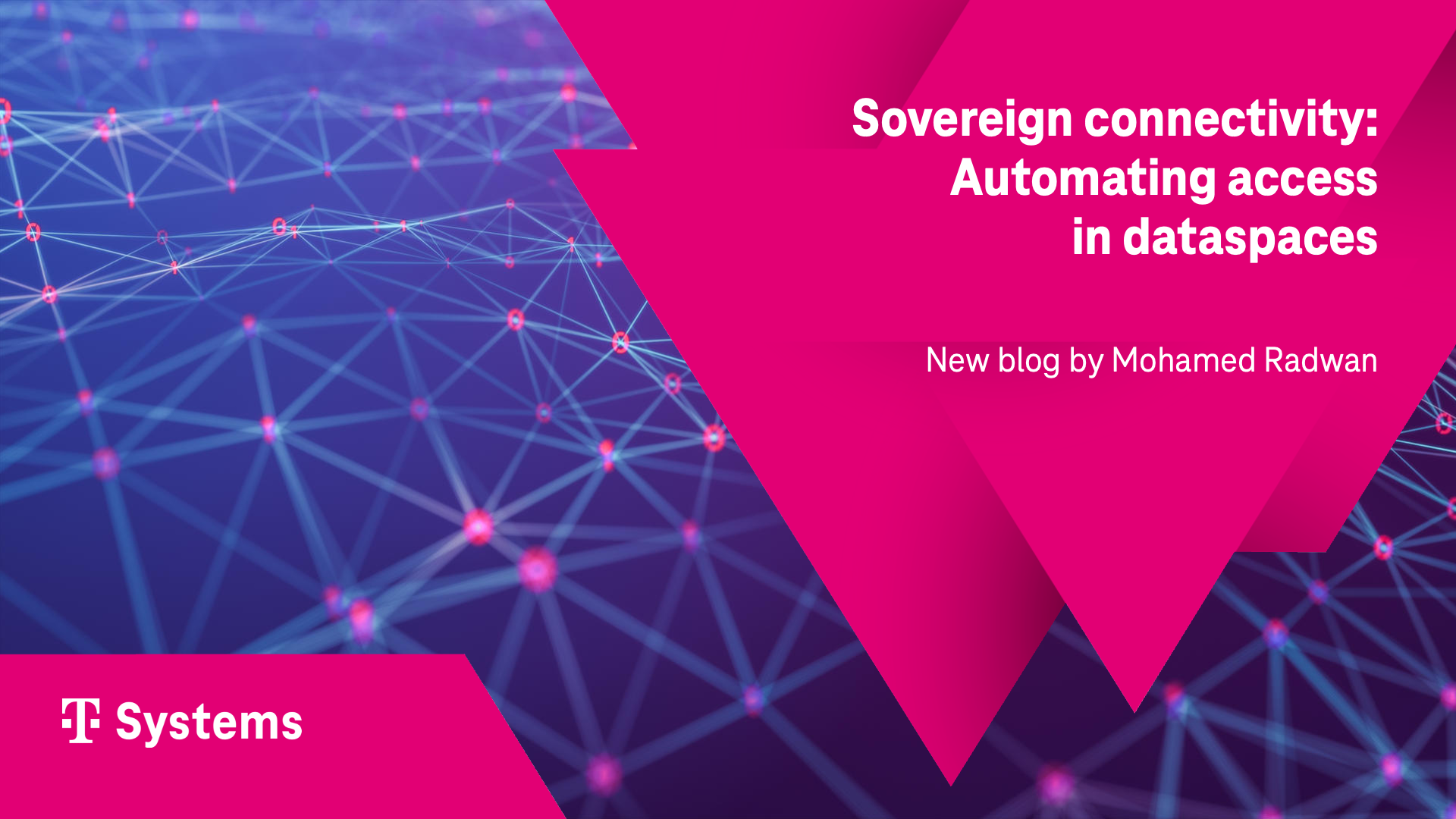Information Technology Infrastructure Library
Glossary Page
The Information Technology Infrastructure Library (ITIL) is a framework created to bring uniformity to the process of selecting, planning, delivering, maintaining, and managing the complete lifecycle of IT services in a business setting. Its objective is to enhance efficiency and ensure consistent service delivery. By adopting the ITIL framework, IT administrators can transform into valuable business service partners instead of solely serving as backend support. ITIL principles and recommended approaches help align the actions and expenditures of the IT department with the evolving needs and direction of the business as it grows or undergoes changes.
https://www.techtarget.com/searchdatacenter/definition/ITIL
Latest Webinars
Latest Articles

Bundesliga fans on the move: What Motion Data reveals about football culture
The article explores how T‑Systems’ Motion Data leverages anonymized mobile network information to reveal real‑world fan behavior in the 2024/25 Bundesliga season. It highlights how supporters travel to home and away matches, the demographic composition of stadium audiences, and which clubs attract the largest crowds—including surprising cross‑border dynamics. By transforming assumptions into measurable insights, Motion Data enables clubs, cities, and event organizers to improve mobility planning, enhance stadium operations, and design more targeted fan engagement strategies.
Read more

Tino Bliesener
Jan 28, 2026

Flex: Electronic Control Unit (ECU)
Flex partnered with T-Systems to migrate ECU data exchange to Catena-X, enabling secure, multiregional, real-time validation across global production sites. Using T-Systems’ Connect & Integrate solution, Flex achieved end-to-end integration, API and Cofinity-X interface testing, and a fully validated production setup. This scalable dataspace foundation now supports future use cases including Product Carbon Footprint, Certificate Management, Battery Pass, and global traceability, while maintaining full data sovereignty.
Read more

Andrea Garcia
Jan 16, 2026

Sovereign connectivity: Automating access in dataspaces
Sovereign connectivity in dataspaces requires automating network access to ensure security, compliance, and operational scale. In the Data Intelligence Hub, we replace manual firewall updates with a declarative, Kubernetes-native model using Custom Resource Definitions (CRDs). Customers define their allowed IP ranges through a self-service portal, which generates an IpAccessPolicy object representing the desired state. A controller then reconciles this state with the underlying infrastructure, automatically updating Kubernetes Ingress configurations and preventing drift. This architecture ensures auditability, validates inputs before enforcement, and keeps network access aligned with the principles of data sovereignty across multi-tenant environments.
Read more

Mohamed Radwan
Jan 15, 2026





